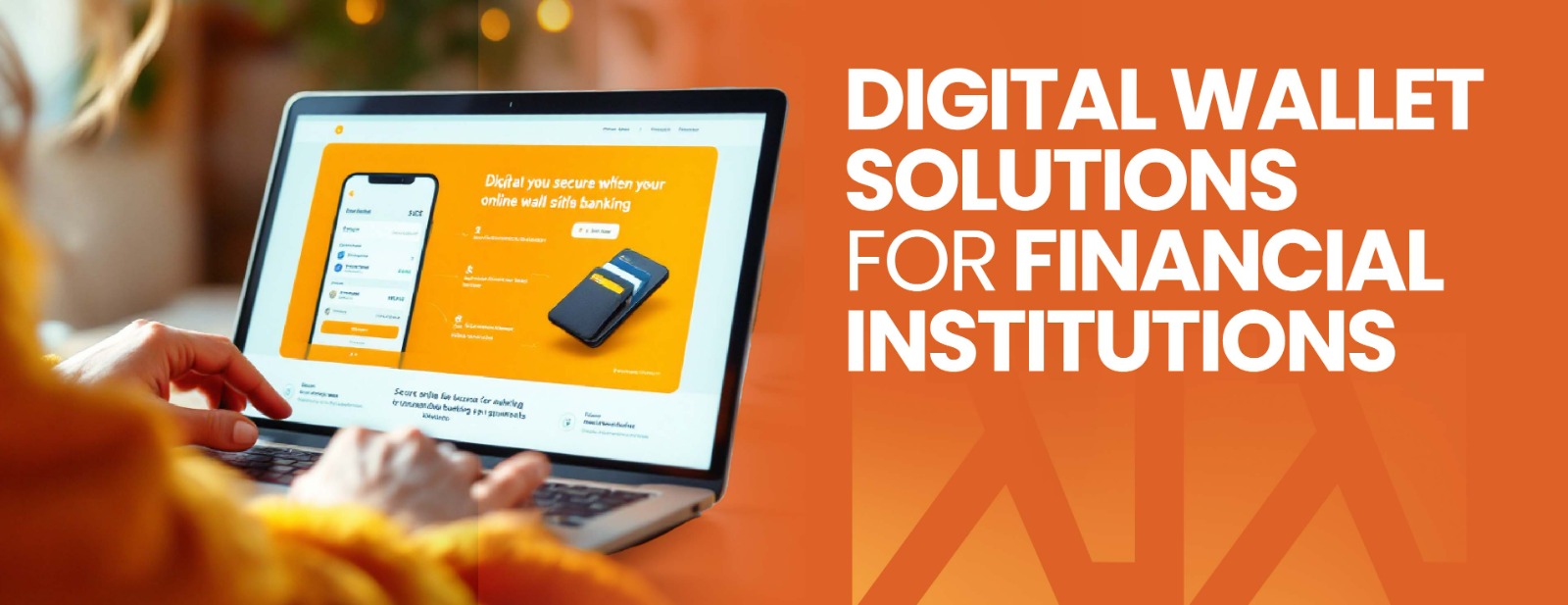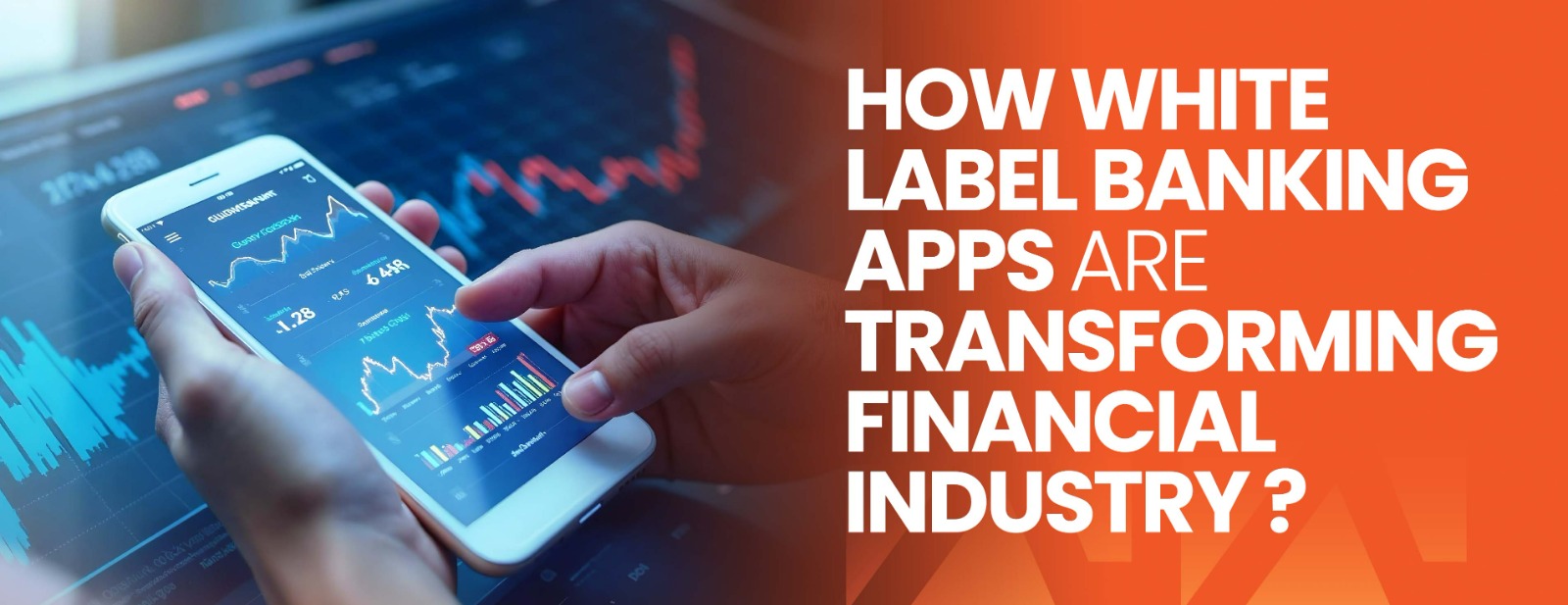At its core, FinTech, or financial technology, is similar to the tech-savvy magician of money.It’s not a magical concept; rather, your phone may be an excellent financial instrument thanks to advanced features like digital wallets, online banking, and phone apps that make managing finances easier.
Think of FinTech as your go-to person for personal finance, helping you with anything from investment to bill payment. It explains why you can check your account balance while still in your jammies and give money to a friend with just a tap. FinTech streamlines and expedites financial transactions by eliminating complications.
America’s Booming Fintech Space
The United States of America has been a prominent center for fintech innovation due to its strong financial infrastructure and technology environment. Many well-established fintech companies and startups are based in Silicon Valley.
With a compound annual growth rate (CAGR) of 14.07%, the size of the North American fintech market, measured in terms of transaction value, is anticipated to increase from USD 4.93 trillion in 2023 to USD 9.52 trillion by 2028.
By altering how people finance, invest, select loans, assist start-ups, and even purchase new businesses, the US has controlled the market. America’s neighbor Canada is also doing well. While Canadian towns are reaping the rewards of the global leadership revolution, there may be more space for large hubs to enhance their standing as premier financial ecosystems. There are about 700 fintech businesses in the nation. Several Canadian fintech companies continue to rank among the largest in the back office, digital currency, lending, and payments industries.
Apart from the USA, the United Kingdom, particularly London, has been instrumental in shaping the fintech environment. In order to support innovation and growth in fintech firms, the UK has taken the initiative to create a favorable environment.
Additionally, China has become a global leader in fintech very quickly thanks to the country’s increasing usage of mobile payment platforms and tech-savvy populace. Businesses like Tencent and Alibaba’s Ant Group have played a significant role in forming China’s fintech sector.
Top Fintech Companies in the US
With a few leading companies in each of the industry’s subsectors, the American fintech market is mainly consolidated. Numerous factors have contributed to this centralization, such as the high entry barriers resulting from regulatory compliance requirements, the substantial capital investment required to develop and scale fintech solutions, and the network effects that emerge as fintech companies expand and cultivate their clientele. Every, APPROVE, Stripe, Chime, and Plaid are a few of the market’s leading companies.
1. Every
With a complete platform that uses AI to improve workflows, Every transforms back-office operations for startups. Every streamlines financial and administrative duties by providing services including banking, cards, bill payment, bookkeeping, tax management, human resources, payroll, and benefits. Their integrated solution guarantees that startups can effectively handle all of these tasks in one location. Every, which grew from 37 to 98 workers in 2023, is in the vanguard of offering companies comprehensive, AI-driven back-office solutions that guarantee efficient and successful operations.
2. APPROVE
One of the top B2B SaaS solutions, APPROVE, enables distributors and equipment manufacturers to easily incorporate finance alternatives at each step of the equipment buyer’s journey. To ensure the best loan options, APPROVE uses a cutting-edge technological platform to link customer finance applications with a wide network of equipment finance lenders. APPROVE stands out for its capacity to simplify the financing process, increasing sales and customer happiness in the equipment market. In 2023/2024, the company grew by an astounding 84%, from 32 to 59 workers.
3. Stripe
13 years old Stripe handles online businesses’ payments. It benefited from the pandemic’s e-commerce boom and was valued at $95 billion in March 2021; however, in March 2023, that valuation fell to $50 billion. The business handled $817 billion in transactions for clients like Ford, Microsoft, and OpenAI in 2022.
4. Chime
Chime gained notoriety by providing consumers with cash advances and free bank accounts with no overdraft fees. Chime is currently the biggest online bank in the US. The digital bank was allegedly preparing to launch an IPO in 2021, but those plans have now been postponed. According to Apptopia, 13.8 million people downloaded the app in 2022, up from 13.2 million in 2021. Sequoia Capital and Menlo Ventures are among the investors that have contributed a total of $2.3 billion.
5. Plaid
Plaid makes it easier for customers’ bank accounts and financial service apps to share their financial information. Its clientele includes fintech companies like Robinhood and Venmo, as well as 12,000 banks, credit unions, and other financial institutions. It introduced a number of new fraud-fighting tools in 2022, including Instant Payouts on Transfer, a program that enables companies to instantly distribute wages, insurance payouts, and loan payments. It has secured $735 million from Index Ventures, Silverlake, and Altimeter Capital.
Conclusion
The flourishing landscape of fintech companies in the US shows relentless expansion. With newer and better companies always popping up, the market is more saturated than ever before.
By 2025, the US will account for over 62% of global fintech transactions, creating unprecedented opportunities for new and existing industry players to thrive and scale their impact. We are excited to see how the companies will capitalize on these new market opportunities.






